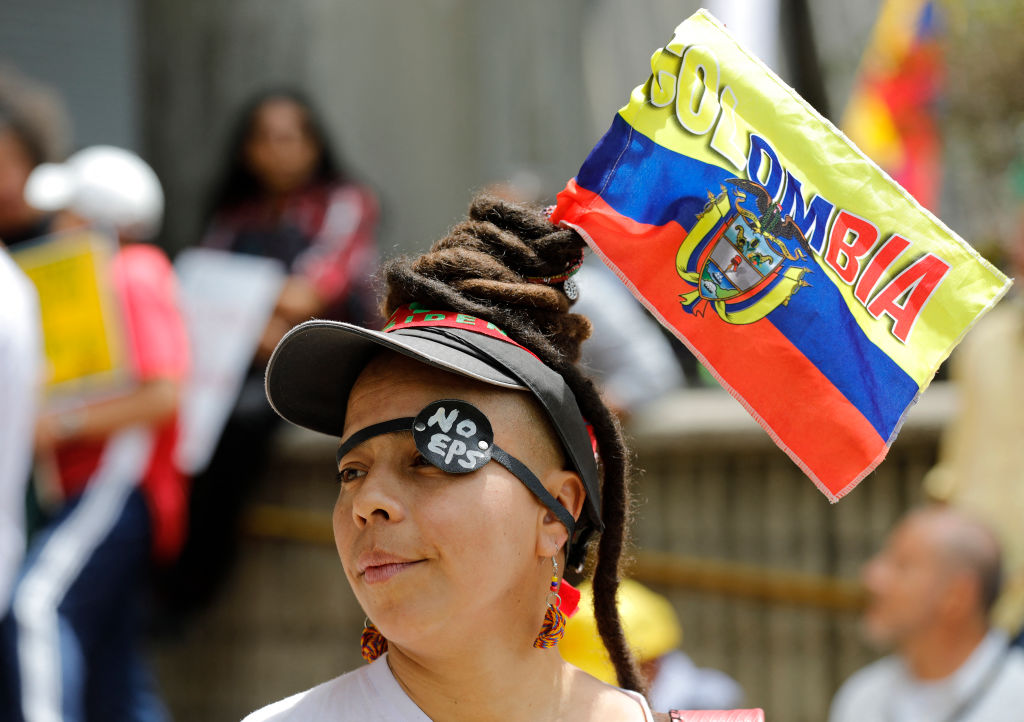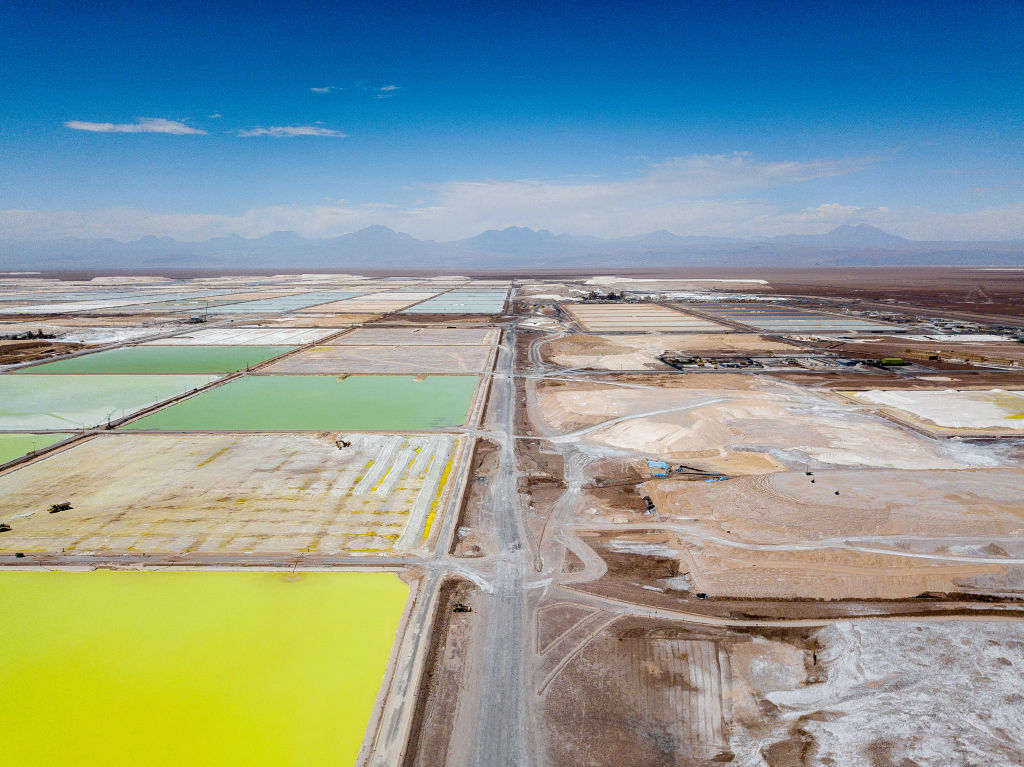President of Panama Martín Torrijos on Challenges to Latin American Development
President of Panama Martín Torrijos on Challenges to Latin American Development
Panama's president described how Latin America finds itself at an intersection between sustainable prosperity and challenges such as the global food crisis. Highlighting the Panama Canal expansion project as an opportunity for national dialogue, Torrijos voiced support for open markets and democracy.
President Martín Torrijos emphasized that Panama—like much of Latin America—finds itself at an intersection between sustainable prosperity and global economic challenges. He emphasized democracy and free trade, including a pending U.S.-Panama free-trade agreement, as cornerstones for successful policy. The Central American head of state joined senior-level cabinet members and the U.S. president for a day-long discussion focused on globalization in the Western Hemisphere during the COA’s 2008 Conference on the Americas.
.
Torrijos focused a large part of his speech on the threat posed by global food crisis, noting that food prices are rising at a rate of between 6 and 20 percent around the world. Warning that rising food prices threaten to push much of the region’s poor into more extreme poverty, he cautioned that hemispheric advances to address social inequality could be rendered “useless” in the face of the food cost inflation. This, in turn, could deepen doubts about democracy that Latin America struggles to overcome. “Any doubts about democracy,” said Torrijos,”are only dispelled with more democracy and transparency.” He urged Latin American governments to create incentives allowing for increased food production.
In an overview of the $532 billion Panama Canal Expansion project, the president described how it served to create a democratic culture through a “national dialogue.” He explained: “Because of the canal expansion we had an opportunity to bring together different political parties, the private sector, and workers.” He also credited the project with allowing Panama to diversify its economy and expand in areas such as oil, aviation, and logistics.
“People recognize in the end that good governance is the key for development,” said the Panamanian leader, who is in the final year of his presidency. He expressed the hope that his country’s economic growth in recent years will create an incentive for the next administration. “We must be capable of driving initiatives so that we can unite in a future of hope and not a future of frustration,” said Torrijos.
Prior to taking office as Panama's president, Torrijos held he position of general secretary of the Revolutionary Democratic Party. A longtime business and economic advisor to international firms, in 2002 he was elected as the vice president of the Conference of Political Parties of Latin America and the Caribbean.
For nearly four decades, the annual Washington Conference on the Americas has served as the top forum for government, industry, and policy leaders to engage in substantive analysis on timely themes affecting the Western Hemisphere.







